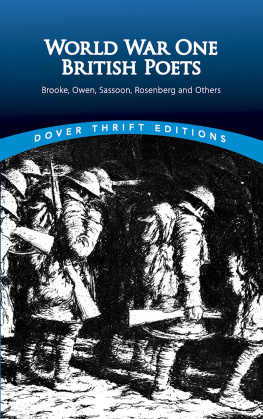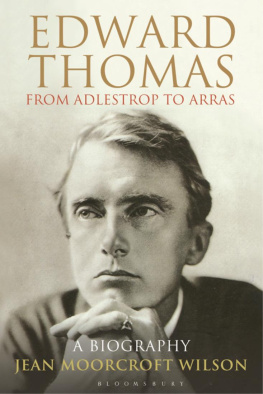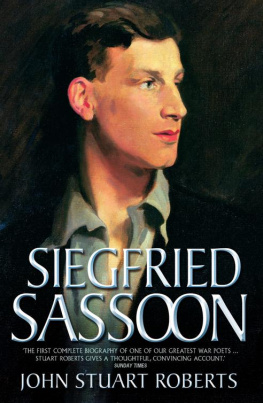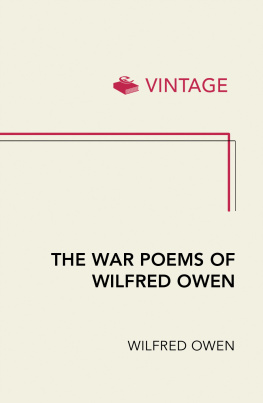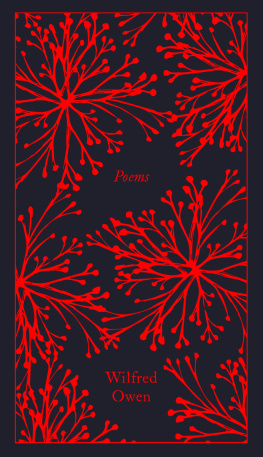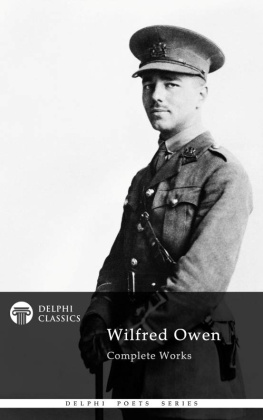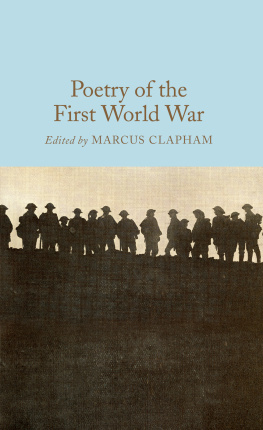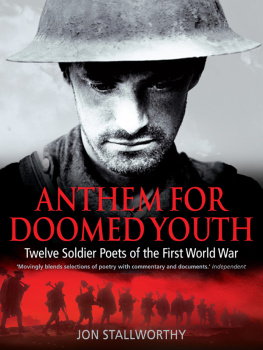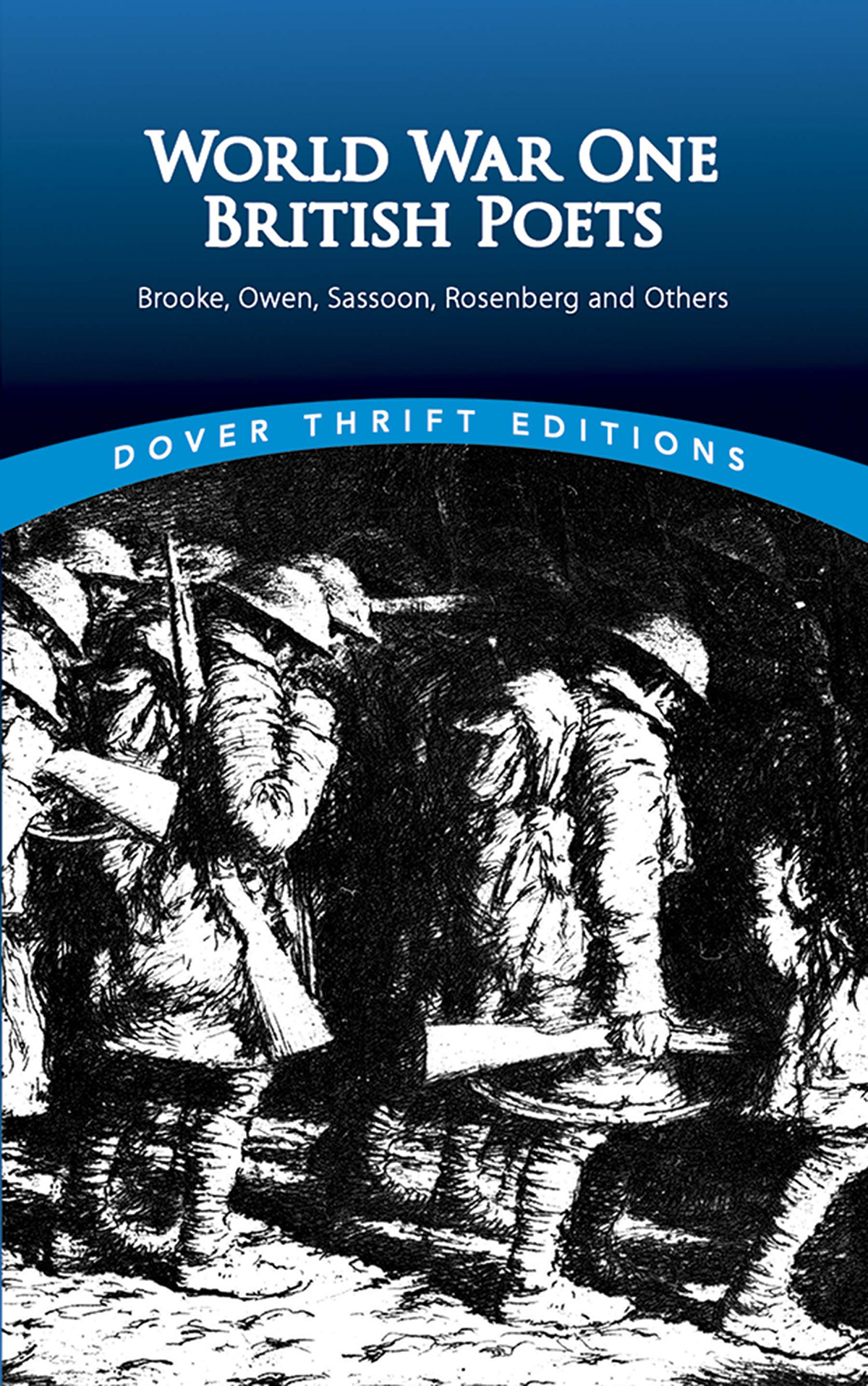Candace Ward - World War One British Poets: Brooke, Owen, Sassoon, Rosenberg and Others
Here you can read online Candace Ward - World War One British Poets: Brooke, Owen, Sassoon, Rosenberg and Others full text of the book (entire story) in english for free. Download pdf and epub, get meaning, cover and reviews about this ebook. year: 2012, publisher: Dover Publications, genre: Science. Description of the work, (preface) as well as reviews are available. Best literature library LitArk.com created for fans of good reading and offers a wide selection of genres:
Romance novel
Science fiction
Adventure
Detective
Science
History
Home and family
Prose
Art
Politics
Computer
Non-fiction
Religion
Business
Children
Humor
Choose a favorite category and find really read worthwhile books. Enjoy immersion in the world of imagination, feel the emotions of the characters or learn something new for yourself, make an fascinating discovery.
- Book:World War One British Poets: Brooke, Owen, Sassoon, Rosenberg and Others
- Author:
- Publisher:Dover Publications
- Genre:
- Year:2012
- Rating:5 / 5
- Favourites:Add to favourites
- Your mark:
World War One British Poets: Brooke, Owen, Sassoon, Rosenberg and Others: summary, description and annotation
We offer to read an annotation, description, summary or preface (depends on what the author of the book "World War One British Poets: Brooke, Owen, Sassoon, Rosenberg and Others" wrote himself). If you haven't found the necessary information about the book — write in the comments, we will try to find it.
Ironically, the horrors of World War One produced a splendid flowering of British verse as young poets, many of them combatants, confronted their own morality, the death of dear friends, the loss of innocence, the failure of civilization, and the madness of war itself.
This volume contains a rich selection of poems from that time by Rupert Brooke, Wilfred Owen, Siegfried Sassoon, Isaac Rosenberg, and others known especially for their war poetry as well as poems by such major poets as Robert Graves, Thomas Hardy, A. E. Housman, Robert Bridges, and Rudyard Kipling.
Included among a wealth of memorable verses are Rupert Brookes The Soldier, Wilfred Owens Anthem for Doomed Youth, In the Pink by Siegfried Sassoon, In Flanders Fields by Lieut. Col. McCrae, Robert Bridges To the United States of America, Thomas Hardys In Time of The Breaking of Nations, as well as works by Walter de la Mare, May Wedderburn Cannan, Ivor Gurney, Alice Meynell, and Edward Thomas.
Moving and powerful, this carefully chosen collection offers todays readers an excellent overview of the brutal range of verse produced as poets responded to the carnage on the fields of Belgium and France.
Candace Ward: author's other books
Who wrote World War One British Poets: Brooke, Owen, Sassoon, Rosenberg and Others? Find out the surname, the name of the author of the book and a list of all author's works by series.

